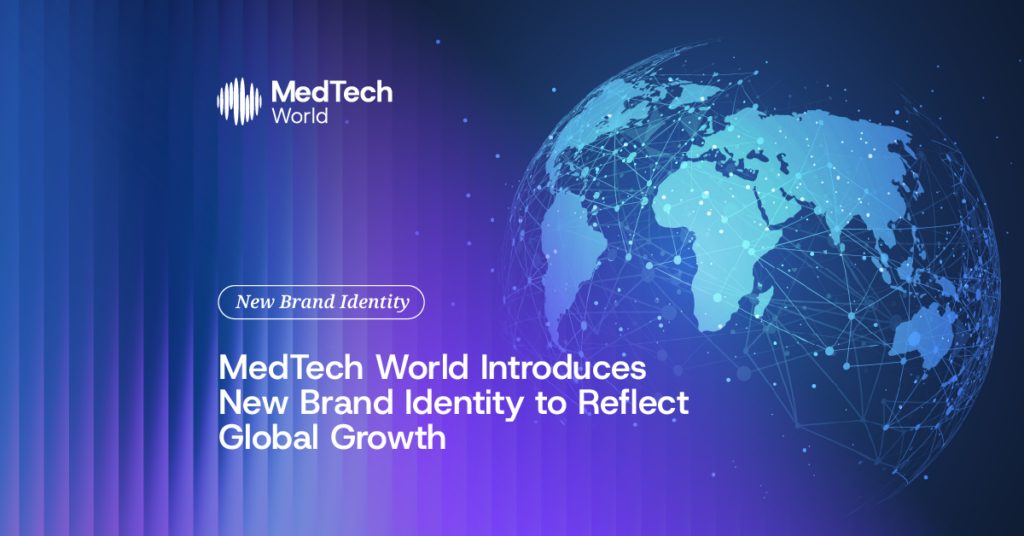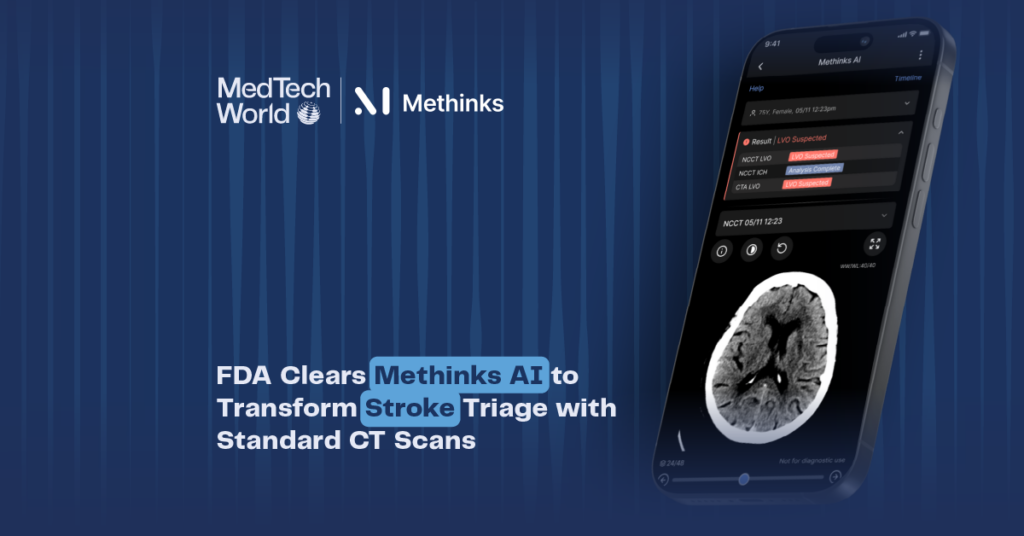
Michael Joe Cini
4th May 2022
Top 5 Reasons Health AI Companies Fail
Despite the market witnessing tremendous growth – the global market size for AI in healthcare is expected to reach $28 billion in 2025 – health AI companies are still facing hurdles
1. AI Adoption in healthcare is lagging
Artificial intelligence technologies have undergone tremendous improvement over the years. This significant boost could be linked to advances in machine learning, which is closely related to statistical prediction and data sciences. The healthcare system involves prediction, diagnosis, treatment, administration, and operation; activities suggesting that artificial intelligence could be of immense use in the healthcare system. This connection between machine learning’s capabilities and the demands of the healthcare system has led to widespread speculation that artificial intelligence will have a great impact on healthcare.
There are, of course, several postulated use cases, most of which are feasible. However, despite the speculation, hype, and potential, there has been little artificial intelligence adoption in healthcare. There are many obstacles to the adoption and use of AI in the management of patients, some of which are highlighted here.
2. Data problems
Artificial intelligence is a mathematical instrument that runs on the data that humans feed it. The machine learning model undergoes a deep learning process by going through a large volume of patient data.
For example, MIT researchers recently trained a machine learning model using 20,400 patients’ skin pictures. The system achieves 90.3% accuracy in detecting melanoma from smartphone pictures. Another instance is that of Lars Edenbrandt, in the Swedish study recently cited in one of our articles, who spent five years perfecting his system. He fed his computer EKGs from over 10,000 patients, telling it which ones represent heart attacks until the machine grew expert at reading even the most equivocal of EKGs. Artificial intelligence needs massive data to learn, and the more data is available the better the AI becomes.
It is difficult to gather data scattered across different medical institutions, however, health AI companies need to work hard to obtain data to train their models. This implies interfacing with health systems and universities that house different datasets─ a process that may take years.
If luckily a health AI company gets the needed data, the data might be of poor quality, requiring extensive cleaning. Poor quality data will result in bad machine learning models.
3. Adoption by the healthcare system and patients’ mistrust
It is difficult for health AI companies to get their services adopted by healthcare providers unless they also are providing care vertically. Even while delivering care vertically, it is tough to get adopted because companies are building their own healthcare provider group and care delivery infrastructure.
Another hindrance to adoption is the lack of in-depth understanding of how exactly AI’s algorithm makes judgments and diagnoses. This has raised a lot of questions and led to patients’ unwillingness to opt for AI.
4. Demonstrating superiority
Although many studies have demonstrated several use cases of AI in healthcare and shown the superiority of machine to man, the general belief and confidence of patients in doctors trumps.
Health AI companies often caught themselves in the struggle to win over and convince healthcare providers how their services lead to better care outcomes. Another fact that plagues the companies is that the intellect, intuition, and experience of a trained doctor definitely cannot be replaced by a machine-learning algorithm.
5. Onboarding
The adoption and use of AI in the healthcare system will remain insignificant unless the health AI company’s offering
Conclusion
Overall, relative to the hype and speculated potential, adoption of AI has remained slow and in its early stages. However, the potential opportunities are so significant that it seems likely that AI will be increasingly used in the healthcare system in years to come.
About Med-Tech World:
Being led by physicians we have a deeper understanding of how things in the healthcare industry work. We know healthcare is not like any other industry and as a result provide the expertise that others do not. Have an exhibition booth of your own, throw a specific side event, or else just tell us what you want to get out of Med-Tech and we’ll have a dedicated team drum up the most relevant opportunities for you.




